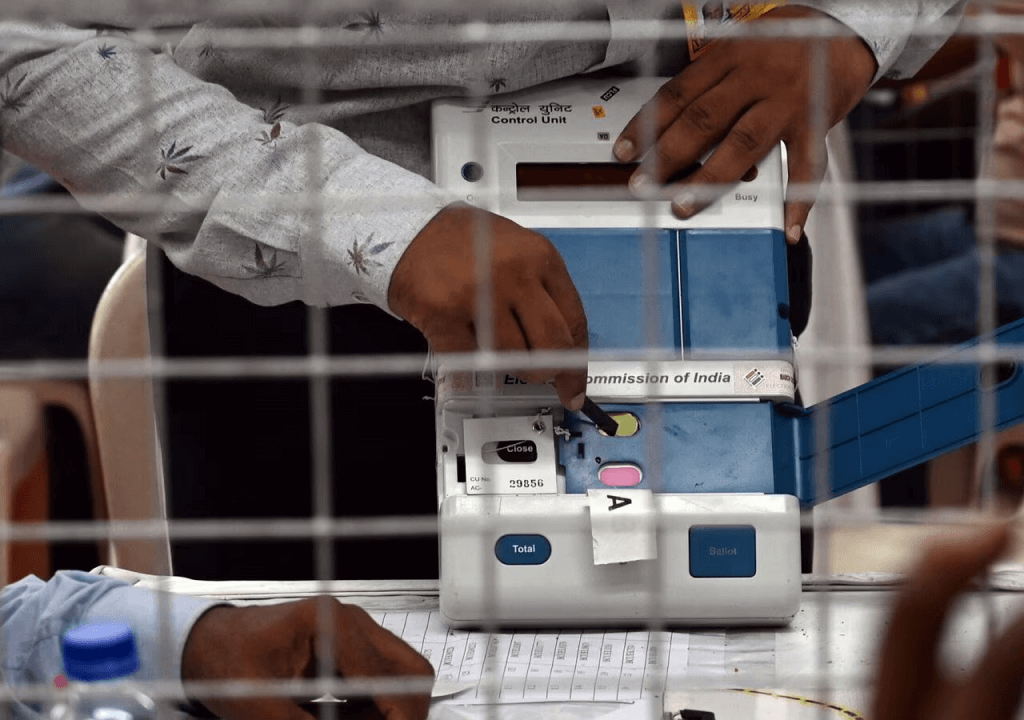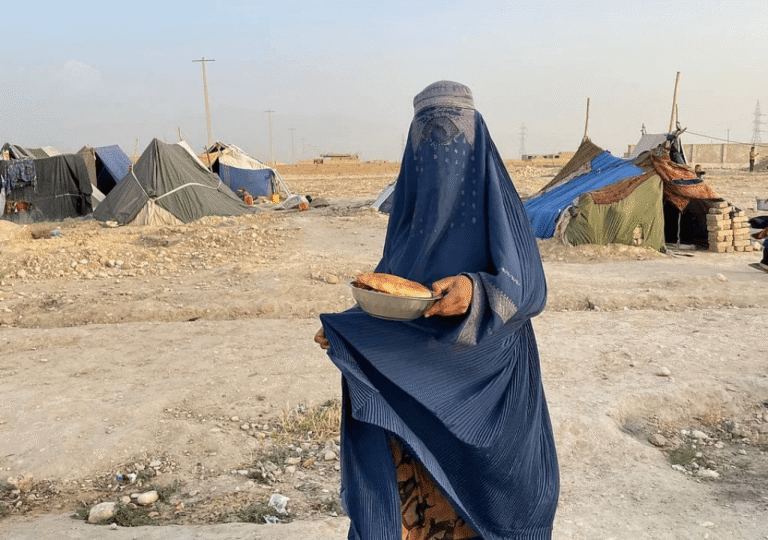Six months ago, the Indian National Congress, often called Congress—the grand old party of Indian politics—found itself celebrating a rare achievement in the past decade. It wasn’t a return to power in New Delhi, but the party’s first success in ten years at securing the minimum number of seats needed to claim the position of Leader of the Opposition. This modest victory, celebrated as a triumph, underscored the dramatic decline of a party that once ruled India with commanding majorities.
Since Narendra Modi and his BJP took power in 2014, the Congress party, often called the Gandhi dynasty party, has steadily declined. The party’s flaws became glaringly evident after it lost power, yet its leaders ignored them. Instead of introspecting, they focused on accusing the BJP of malpractice, alleging Election Commission bias, and claiming voting machine tampering. By failing to address internal shortcomings, they repeatedly lost elections at both national and local levels.
The Indian National Congress, along with its regional allies, benefited from the anti-incumbency wave against the ruling party, which had been in power for the past decade, during the last parliamentary elections in June. They secured 99 out of 543 seats, earning the position of Leader of the Opposition and a cabinet rank However, shortly after, crucial state assembly elections—including those in Jammu and Kashmir and Maharashtra—took place. The results deeply disappointed Congress, revealing challenges that went beyond the BJP and Modi.
In the state elections held after the parliamentary elections, surveys predicted a favorable outcome for Congress, but the party failed to translate this into seats. In Jammu and Kashmir, where the BJP lacks significant influence, Congress underperformed, losing six seats compared to the previous election, while its alliance partner made a remarkable jump from 15 to 47 seats. In Haryana, despite strong performance in the parliamentary elections and favorable survey predictions, Congress squandered the opportunity and lost to the BJP.
In Jharkhand, the alliance partner JMM gained seats and formed the government, but Congress failed to improve its tally. In Maharashtra, India’s wealthiest state, where Congress led in the last parliamentary election, the BJP dominated the assembly elections. Even Congress’s alliance partners could not save the party there. After these defeats, Congress leaders intensified their accusations against the BJP, alleging election malpractice, including tampering with electronic voting machines, in an attempt to explain their losses in the state elections.
The Election Commission, BJP, and even Congress’s alliance parties disagree with the claims. The Supreme Court of India has also confirmed that the process is safe, to the best of its knowledge. Interestingly, only the Indian National Congress suffered in the recent state elections, while all other major state parties, including those that opposed the BJP, benefitted. This situation is forcing Congress to reflect on itself and wake up to reality.
Congress no longer has a clear political direction. Once the flag bearer of socialism in India, with cadres who upheld socialism and secularism, it has now lost its way. Its current politics revolves around worshipping the Gandhi family and courting Muslim votes. Congress has seen three generations of the Gandhi family hold the position of prime minister and head of government. But people have now decided that enough is enough. Making Rahul Gandhi the prime minister is not their responsibility, especially since he hasn’t proven himself capable, even in his own assembly seats. Narendra Modi has consistently upheld his image as a man of the common people and demonstrated his capability at various levels of administration, excelling as the chief minister of Gujarat. In contrast, Rahul Gandhi is unwilling to build his credentials from the ground up; instead, he directly targets the prime ministership, just like his predecessors. Modi has skillfully used this contrast to frame the election as a choice between the common man and the royal family.
Congress lacks leadership at different levels. The party no longer has quality leaders because it has punished and sidelined anyone who posed a threat to the Nehru-Gandhi family’s dominance, shrinking into a group of worshippers of the Gandhi family who have no connection with the people. Meanwhile, the BJP is cultivating and grooming second and third-tier leaders.
Congress’s poor election management remains a significant problem. In a diverse country like India, with various vote banks and a caste-driven system, effective election management is essential. The BJP excels in this aspect, designing strong campaigns and implementing strategies to secure victories. For instance, the BJP has managed to win in Muslim-majority seats, even though Muslims are not traditionally part of its vote bank. By using strategies to divide the Muslim community and consolidating the Hindu vote bank, the BJP has achieved success.
In contrast, Congress believes that Muslims will consistently support them out of fear of the BJP and Narendra Modi. However, other parties are now vying for Muslim votes, causing a split in support. Meanwhile, Congress’s heavy focus on Muslim-centric policies has alienated Hindu voters, further eroding its support.
It is clear that Congress is losing its base. Once firmly rooted in Indian soil, the party has seen its foundation overtaken by the Bharatiya Janata Party and local parties. Ten years out of power have made this shift easier. Today, elections have become a contest between the BJP and local parties, while Congress’s significance continues to diminish.
In a democracy, a party must offer meaningful politics to the people, rather than simply blaming the ruling party or promising freebies. While this approach has worked in some areas, Congress cannot compete with the BJP in the long term without redefining its politics. Furthermore, whether Congress wins or loses, the absence of another truly national party that spans from north to south and east to west threatens Indian democracy. A parliament dominated by a single party could soon become a reality, and that would be the biggest disaster for the democracy of the Republic of India.








